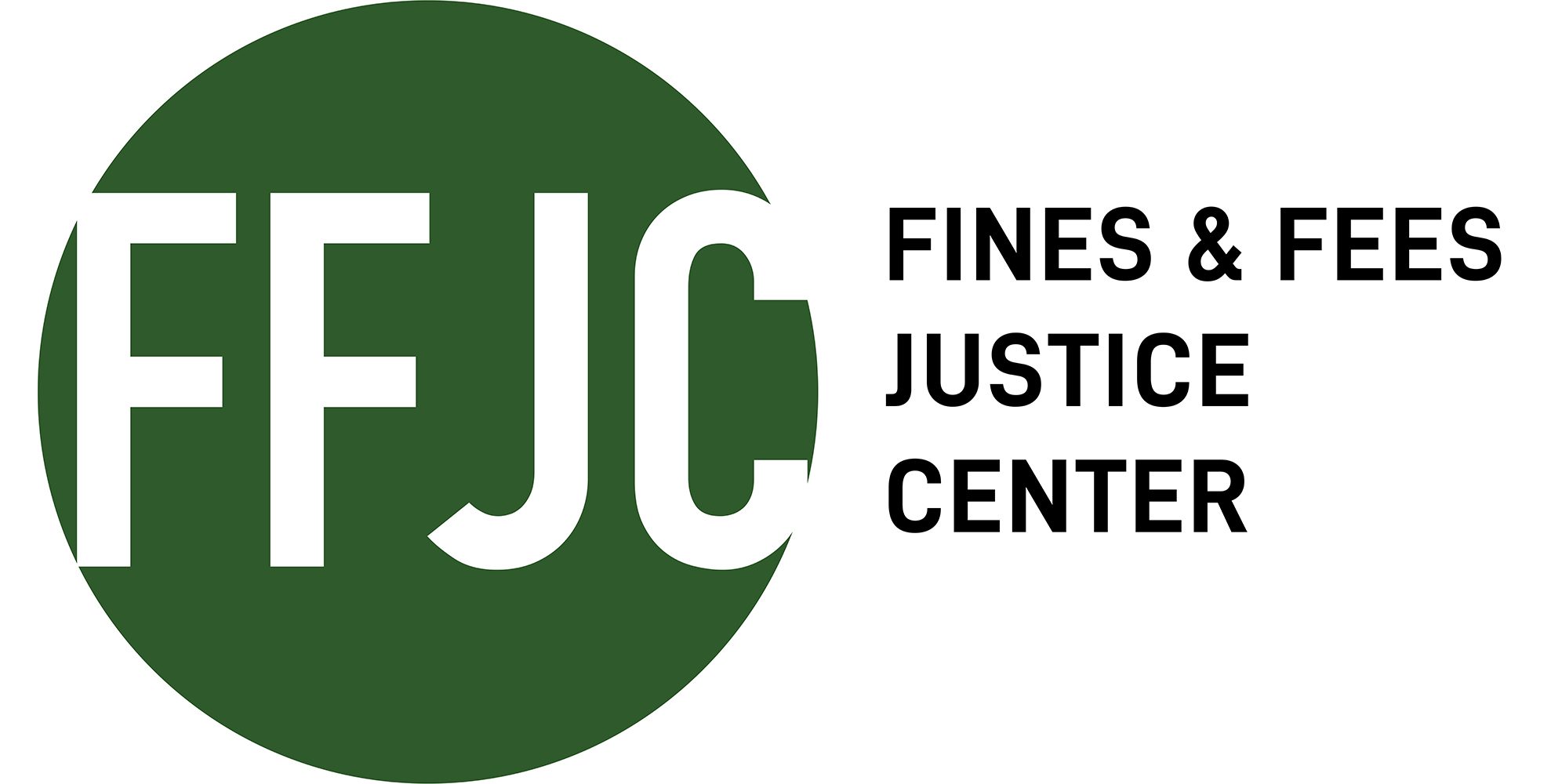Each year tens of millions of people are assessed fines, fees, and other costs stemming from their contacts with the criminal legal system, ranging from felony convictions to traffic violations. Using implications from an eight-state study of monetary sanctions, this article details the laws governing monetary sanctions and how they are levied, and how their imposition affects inequality. The authors also provide recommendations to mitigate some of the most harmful effects of monetary sanctions.
Read the full article here.
Key Findings:
- The number of people subject to legal fines and fees has grown as the number of people entering America’s prisons and jails has declined.
- 66 percent of incarcerated people have been sentenced to pay some amount of money to the courts or other criminal legal agencies; millions more people are assessed fines and fees for traffic tickets and other misdemeanors that do not involve jail time.
- There is no single coherent set of laws, policies, or practices guiding the imposition and enforcement of legal financial obligations.
- There is significant variability among states in when ability to pay is determined and how that is defined.
- Differences in the design and implementation of monetary sanctions across states and within them lead to disproportionate punishment that is concentrated among people with low incomes and people of color.
- Unpaid monetary sanctions can prompt ad-ditional criminal legal sanctions, incur added financial penalties and surcharges, result in the extension or revocation of probation, and lead to the issuance of arrest warrants.
- People who are assessed monetary sanctions and cannot pay them often experience the penal debt harshly.
- Variability in monetary sanctions across states for a given violation highlights their arbitrary nature, which is exemplified by practices around ability-to-pay hearings.
- How monetary sanctions were collected and to whom payments were made varied greatly across the study sites and highlights how differential access to information and technology can lead to disparate impacts.
- Monetary sanctions expand system involvement for people who cannot pay them completely and quickly.
- Legal fines and fees can also accompany supervisory sentences requiring community service, probation, victim panel classes, drug and alcohol assessment and treatment, and anger management courses.
Recommendations:
- Reduce the scope of monetary sanctions by decriminalizing traffic offenses and ceasing the practice of assessing monetary sanctions in addition to sentences that require spending time in prison or jail or supervision by parole or probation agencies.
- Eliminate arbitrary and excessive monetary sanctions.
- Ensure that the negative effects of monetary sanctions are not concentrated on those unable to pay by revealing all monetary sanctions and interinstitutional involvement.
- Make de-identified data publicly available.
Author(s): Brittany Friedman, Alexes Harris, Beth M. Huebner, Karin D. Martin, Becky Pettit, Sarah K.S. Shannon, Bryan L. Sykes
Publication: The Russell Sage Foundation Journal of the Social Sciences
